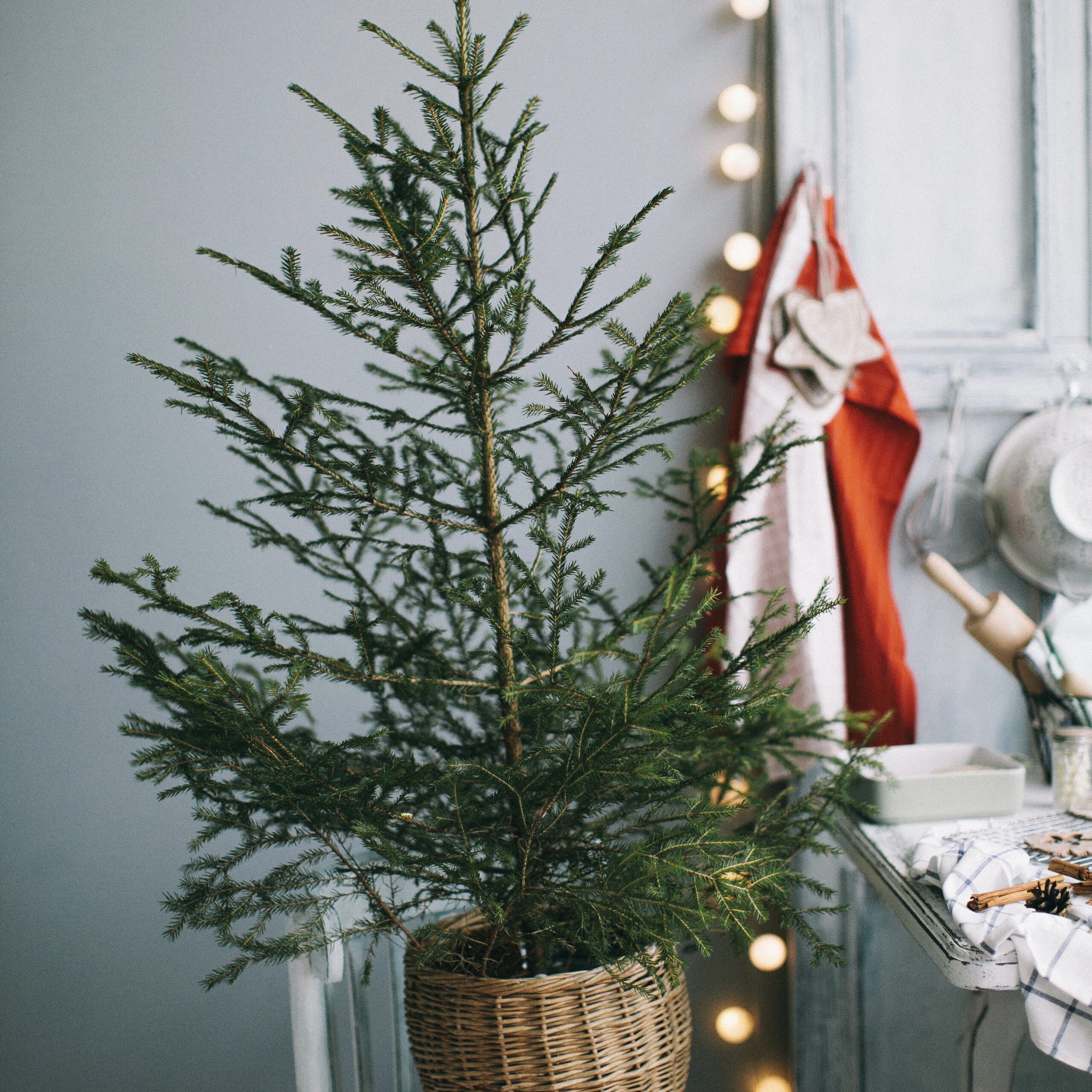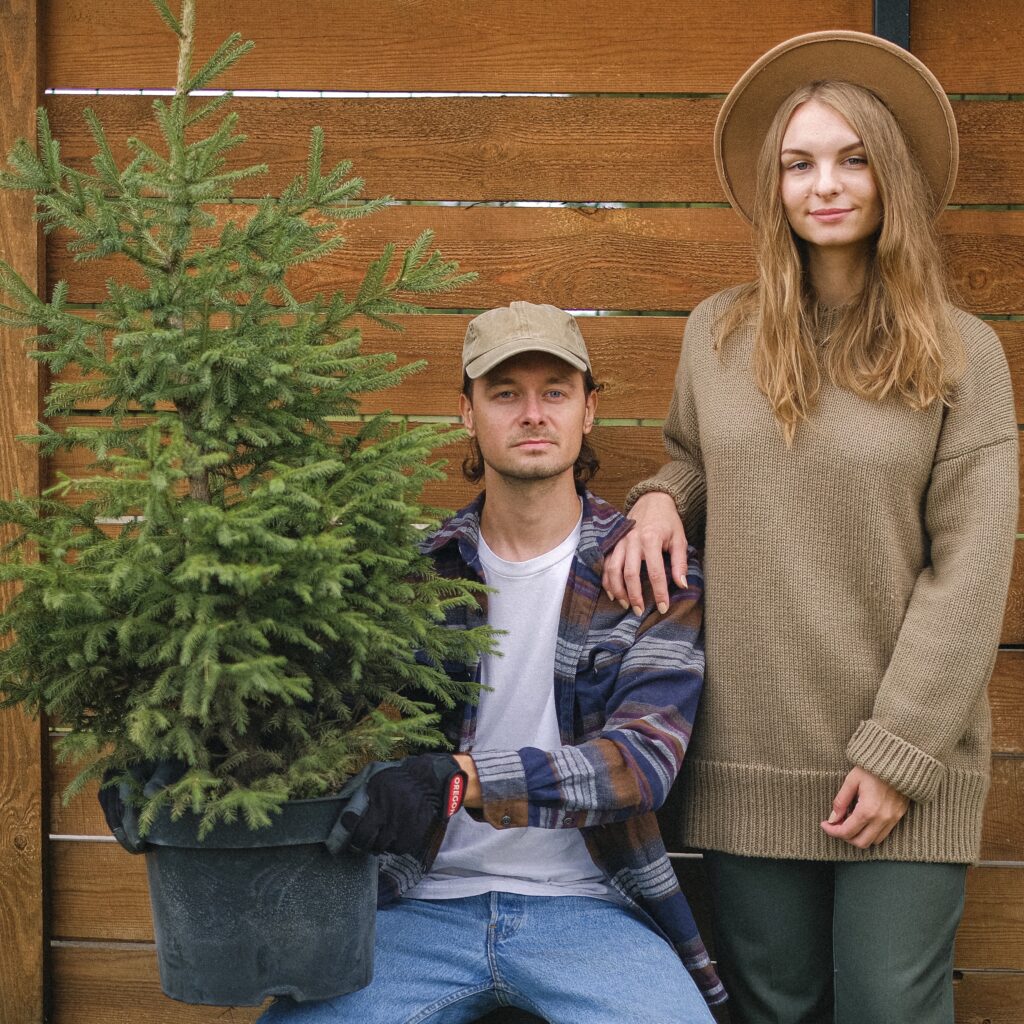Wellness
10 Simple Ways to Have An Eco-Friendly Christmas
Christmas is a special time to celebrate with family and friends. A time to eat, drink and be merry. Unfortunately Christmas is also a time of extreme waste. From unwanted presents, piles of used wrapping paper and ribbons, and plates of leftover food, this all puts a huge strain on our environment.
Waste dramatically increases at Christmas time, by around 50% experts say, mainly from wrapping paper, packaging, plastic, styrofoam, and food waste.
With a little effort we can celebrate the festive season in an environmentally friendly way to help ease the impact on our environment and reduce our carbon footprint.
Here are 10 simple steps to having an eco-friendly Christmas.
Sustainable Christmas tree:
A potted Australian native pine like a Cryress or Wollemi makes the best eco-friendly Christmas tree that you can keep using each year. You can help with the conservation of the ancient Wollemi pine by buying one here.
Plastic trees have usually travelled from China, South Korea or Taiwan, so their carbon footprint is huge. Plastic trees are also made from non-recyclable, non-degradable and environmentally damaging plastic, that will eventually end up as landfill. According to research by Queen's Institute for Energy and Environmental Policy, Queen's University, Ontario, an artificial tree will have to be re-used 10 to 12 times for it to match the footprint of a real tree that is composted after use.
The next best option to a potted plant is a real Christmas tree. Make sure you dispose of it properly by either putting it curbside for council pick up, or turn it into mulch for your garden.
If you live near the coast you could make your own driftwood Christmas tree.
Making your own Christmas decorations is a fun project to do with your kids.
Give an experience instead of things:
Instead of buying material gifts buy your family and friends an experience. This is a thoughtful gift that they will enjoy and remember. Some good examples are buying tickets to a concert, dinner, film, festival, ski diving, surfing lesson, ceramics or painting class, massage, a facial, yoga class, or a cooking class. This is also a great way to support your local businesses.
Buy a gift that gives back:
Christmas gift a donation to a charity that helps protect our environment, supports animal welfare or helps children and families in need.
Look out for eco-conscious brands that will plant a tree for every product sold (eg. one tree planted), or who promise to give a percentage of that sale to a charity or environmental organisation (e.g. 1% for the planet). Bodhi has partnered with One Tree Planted to plant a tree for every subscription box sold.
Buy locally made:
Buying Australian, locally made gifts will help support the local economy and employment. Buying locally also helps minimise energy expenditure and emissions that are associated with transporting products from interstate and overseas.
Buy eco-friendly gifts:
Choose gifts that are made from natural, biodegradable, recyclable materials and packaging. Avoid gifts made from plastic or that need batteries which end up in landfill and leak dangerous chemicals into the environment.
Our Bodhi glass tea flasks and stainless steel flasks make an excellent eco-friendly gift. Using these reusable eco flasks also help to reduce single use plastic take away cup waste. Bodhi teas are certified organic and packed in 100% plant-based biodegradable bags and recyclable boxes.
Use recyclable & reusable wrapping:
Use recyclable kraft paper, a scalf, your kids artwork, or a reusable eco-friendly bag or tote to wrap presents. Handmade cards are always a lovely thoughtful touch. Avoid plastic tape and non-degradable metallic or plastic ribbons, and use 100% biodegradable tape and twin instead. Decorate presents with a sprig of Christmas tree, rosemary, or flowers.
Quality over quantity:
Buy a few good quality gifts instead of lots of smaller gifts that often go to waste. Organise a secrete Santa with your family, friends and work colleagues. This is a great way to reduce the amount of unwanted ‘things’ you end up with.
Plastic bag free Christmas shopping:
When you head out Christmas present shopping or grocery shopping for your Christmas get together make sure you bring your own eco-friendly shopping bags and reusable fruit and veggie mesh bags. Avoid buying produce wrapped in plastic and instead go to your local growers market to stock up on fresh seasonal produce.
Avoid plastic waste on Christmas day:
Avoid using plastic disposable dinnerware on Christmas day. Plastic plates, cups, straws and cutlery can’t be recycled easily and usually end up as landfill. If you’re having a BBQ or picnic bring some old dinnerware from home or buy some plates and cutlery made from bamboo.
Prevent Christmas food waste:
Before you go shopping for your Christmas lunch or dinner a little planning is needed. Take the time to work out how many people will be there and how much food you will need. Write a shopping list and stick to it. Plan what dishes you are going to make. Choose dishes that you can also eat for leftovers the next day. Eg. Add leftover roast root veggies to salads or frittatas, diced ham tossed through scrambled eggs, in wraps or on a homemade pizza, salmon or prawns added to rice paper rolls.
Any food peelings and scraps should be added to your compost. Use any used tea leaves to nourish your garden and pot plants. Make sure you properly recycle any food and drink packaging.
Written by Lisa Guy, naturopath and founder of Bodhi Organic Tea.


